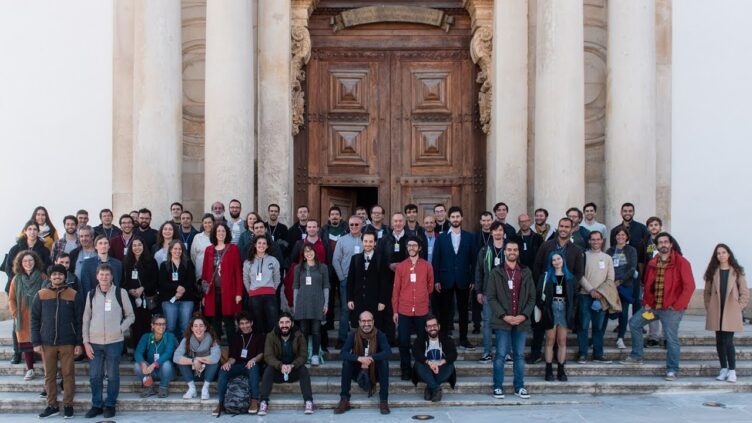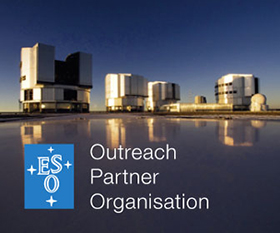The newest version of the world ranking of most cited researchers includes seven researchers of the Instituto de Astrofísica e Ciências do Espaço (IA).
The most recent1 “World’s Top 2% Scientists list”, compiled by Stanford University, this year includes seven researchers from the Instituto de Astrofísica e Ciências do Espaço (IA), six of which already appeared in last years version.
The citation of articles by other scientists is an indication of when their scientific results are already being used in new research worldwide. The work of the team at Stanford University uses a composite indicator that provides standardized information about citations, h-index, adjusted co-authorship hm index, article citations in different author positions, in order to infer the authors’ impact on their domains of expertise.
Published this week in the science journal Public Library of Science – Biology (PLoS Biology), this is the fourth version of the ranking which features scientists, currently active, whose work was cited by their peers in other scientific publications, until the 1st of September 2021. It is comprised of two lists: career-long impact until 2021, and impact during 2021 only.
The list now features seven IA researchers: Andrew Liddle (IA & Ciências Ulisboa), Carlos C. Martins (IA & Universidade do Porto), Francisco S. N. Lobo (IA & Ciências ULisboa), Jarle Brinchmann (IA & UPorto), Nuno C. Santos (IA & Dep. de Física e Astronomia da Faculdade de Ciências da Universidade do Porto – DFA-FCUP), Pedro Avelino (IA and DFA-FCUP)and new entry, Vardan Adibekyan (IA & DFA-FCUP).
In 2021, cosmologists Francisco Lobo and Andrew Liddle stand out, as the 9th and 12th on a national level. These two IA researchers are also ranked near the top of the 2021 list, among the first 3,5% of more than 200 thousand researchers worldwide, which comprise only 2% of the roughly seven million scientists recorded in the Scopus database, a highly regarded online database of abstracts and citations of articles in academic journals.
The computation process behind these set of metrics, based on citations by other scientists, is explained in the original article, from 2019.
Notes
- The database “September 2022 data-update for “Updated science-wide author databases of standardized citation indicators“, was published by Elsevier, on 11th of October 2022 (DOI:10.17632/btchxktzyw.4).
- The Instituto de Astrofísica e Ciências do Espaço (Institute of Astrophysics and Space Sciences – IA) is the reference Portuguese research unit in this field, integrating researchers from the University of Lisbon, the University of Coimbra and the University of Porto, and encompasses most of the field’s national scientific output. It was evaluated as “Excellent” in the last evaluation of research and development units undertaken by Fundação para a Ciência e Tecnologia (FCT). IA’s activity is funded by national and international funds, including FCT/MCES (UIDB/04434/2020 e UIDP/04434/2020).
Science Communication Group
Ricardo Cardoso Reis; Sérgio Pereira; João Retrê (coordenação, Lisboa); Filipe Pires (coordenação, Porto)


